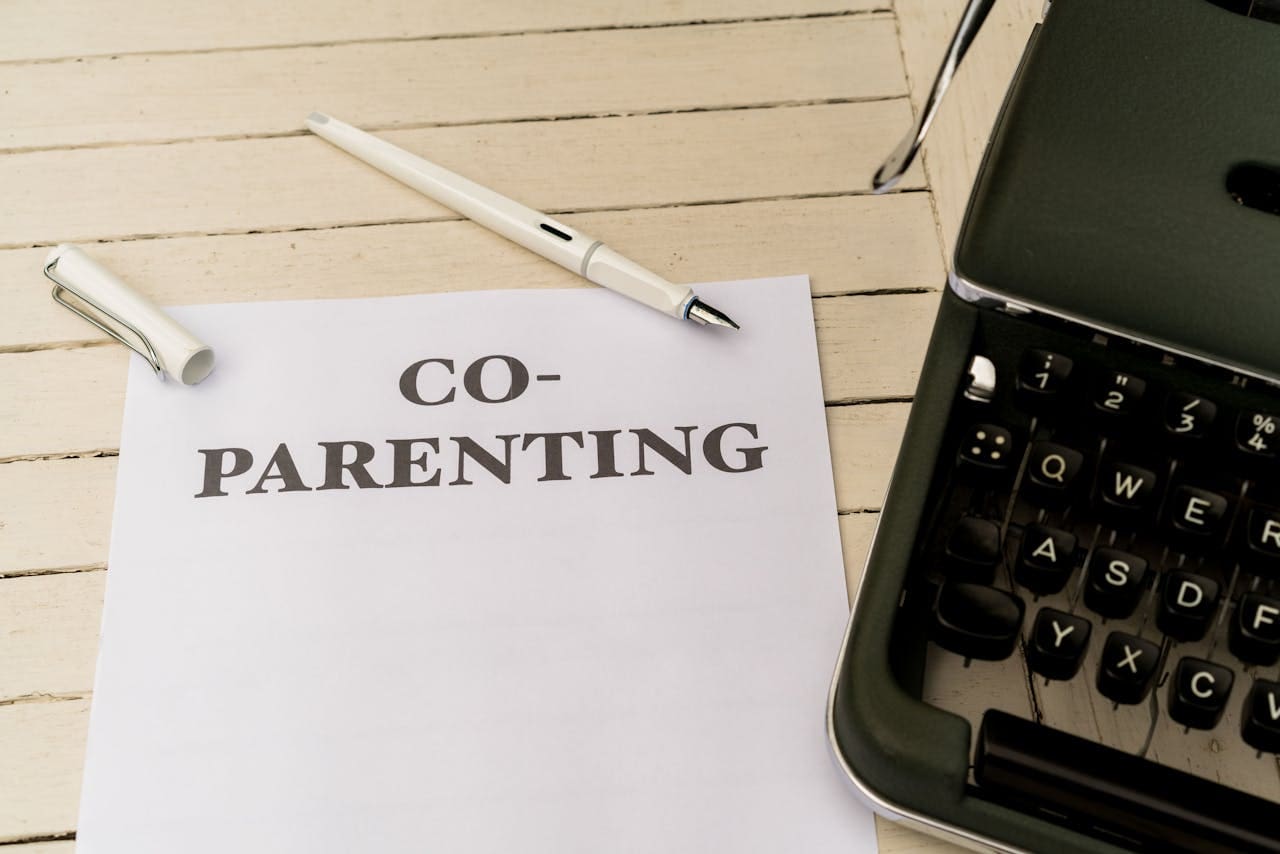Social Anxiety in Today’s Teens: Identifying It and Helpful Steps
Social anxiety is an intense fear of social situations, and it has become a growing concern among today’s teens in the United States. While it’s normal for teenagers to feel nervous in new social settings, social anxiety goes beyond simple shyness. It can lead to avoidance of friends, school activities, and even family gatherings, significantly impacting a teen’s development and mental health. This post will help parents identify social anxiety in their teen and provide helpful steps to support them.
Why Today’s Teens Face Unique Challenges
The rise of social media has added a new layer of complexity to social anxiety. Teens today are constantly exposed to curated, idealized versions of their peers’ lives, which can create a powerful fear of not measuring up. This “performance pressure” extends from online interactions to real-life social events, making every social moment feel like a high-stakes judgment. The constant connectivity can also lead to a fear of missing out (FOMO) and increased opportunities for social comparison and cyberbullying, further fueling anxieties.
Identifying Social Anxiety in Your Teen
Social anxiety doesn’t always look like shyness. In teens, it can manifest in several ways:
- Avoidance: Your teen might make excuses to skip school events, parties, or even family dinners. They may start to prefer staying in their room and interacting with friends only online. This avoidance can become more pronounced as social pressures at school increase during adolescence.
- Physical Symptoms: Watch for physical signs of distress before or during social situations, such as a racing heart, sweating, trembling, stomach aches, nausea, or shortness of breath. These physical manifestations of anxiety can be quite distressing for teenagers.
- Overthinking and Negative Self-Talk: They may spend an excessive amount of time worrying about upcoming social interactions or replaying past ones, often focusing on perceived mistakes or negative judgments from others. They might constantly criticize themselves, believing they said something “stupid” or that others are judging them harshly.
- Behavioral Changes: In some cases, social anxiety can present as irritability or anger when faced with a social demand. They might become withdrawn, uncharacteristically quiet in group settings, or seem less interested in hobbies and activities they once enjoyed. Changes in sleep patterns or appetite can also be indicators.
Helpful Steps for Parents
If you suspect your teen is struggling with social anxiety, your support can make a huge difference. Remember to be patient and understanding, as pushing too hard can sometimes backfire.
- Open the Door to Conversation, Don’t Force It: Avoid pressuring your teen to talk or labeling them as “shy” or “antisocial.” Instead, create a safe and non-judgmental space for them to share their feelings when they are ready. Use open-ended questions and share your own experiences with social discomfort to make the topic feel less intimidating. Try saying, “I know meeting new people can feel awkward sometimes. Have you ever felt that way?”
- Validate Their Feelings: Acknowledge their anxiety without dismissing it or minimizing their experiences. Phrases like, “That sounds really tough,” or “I understand why you might feel nervous about giving a presentation in front of the class,” show empathy and build trust. Avoid saying things like “Just get over it” or “It’s not a big deal.”
- Encourage Gradual Exposure: Gently encourage them to take small, manageable steps to re-engage socially. This could be as simple as inviting one friend over, joining a low-pressure club or online group related to their interests, or volunteering for a small role in a school event. Celebrate every small victory and acknowledge their courage.
- Work with Their School: Talk to a school counselor or teacher. They can be valuable allies and may be able to offer support, such as providing a designated safe person for your teen to talk to, facilitating social skill-building opportunities, or making accommodations for presentations or group work.
- Model Healthy Behavior: Show your own comfort in social situations. Talk positively about your friends and social outings, and demonstrate healthy ways of navigating social interactions and managing any social discomfort you might experience. This provides a healthy example and shows that social interaction can be enjoyable and manageable.
When to Seek Professional Help
While these steps can be helpful for mild social discomfort, social anxiety disorder often requires professional intervention. Consider reaching out to a therapist if your teen’s anxiety is:
- Causing them significant distress and impacting their daily life.
- Leading to frequent avoidance of school, social events, or other important activities.
- Resulting in a noticeable decline in their academic performance or difficulty concentrating.
- Negatively impacting their friendships and romantic relationships.
- Accompanied by other mental health concerns such as symptoms of depression, panic attacks, or self-harming thoughts or behaviors.
A therapist can provide a safe space for your teen to explore their fears, challenge negative thought patterns, and develop a personalized plan with evidence-based strategies like cognitive-behavioral therapy (CBT) and social skills training to help them cope and build confidence.
Finding Support for Your Teen in Richmond, TX
If your teen is struggling with social anxiety, our compassionate team at Webwell Group is here to help. We are dedicated to supporting teens as they build confidence, develop coping mechanisms, and learn the skills needed to navigate their social world with greater ease.
Contact our office in Richmond, TX, to schedule a confidential appointment and take the first step toward helping your teen feel more comfortable, confident, and connected. We also offer virtual therapy with our licensed professionals.

Webwell Group provides accessible, high-quality mental health and wellness services that empower individuals to live fulfilling lives. We are committed to fostering a supportive and collaborative environment for our clients, staff, and clinicians, utilizing evidence-based practices and innovative approaches to address the diverse needs of our communities.




